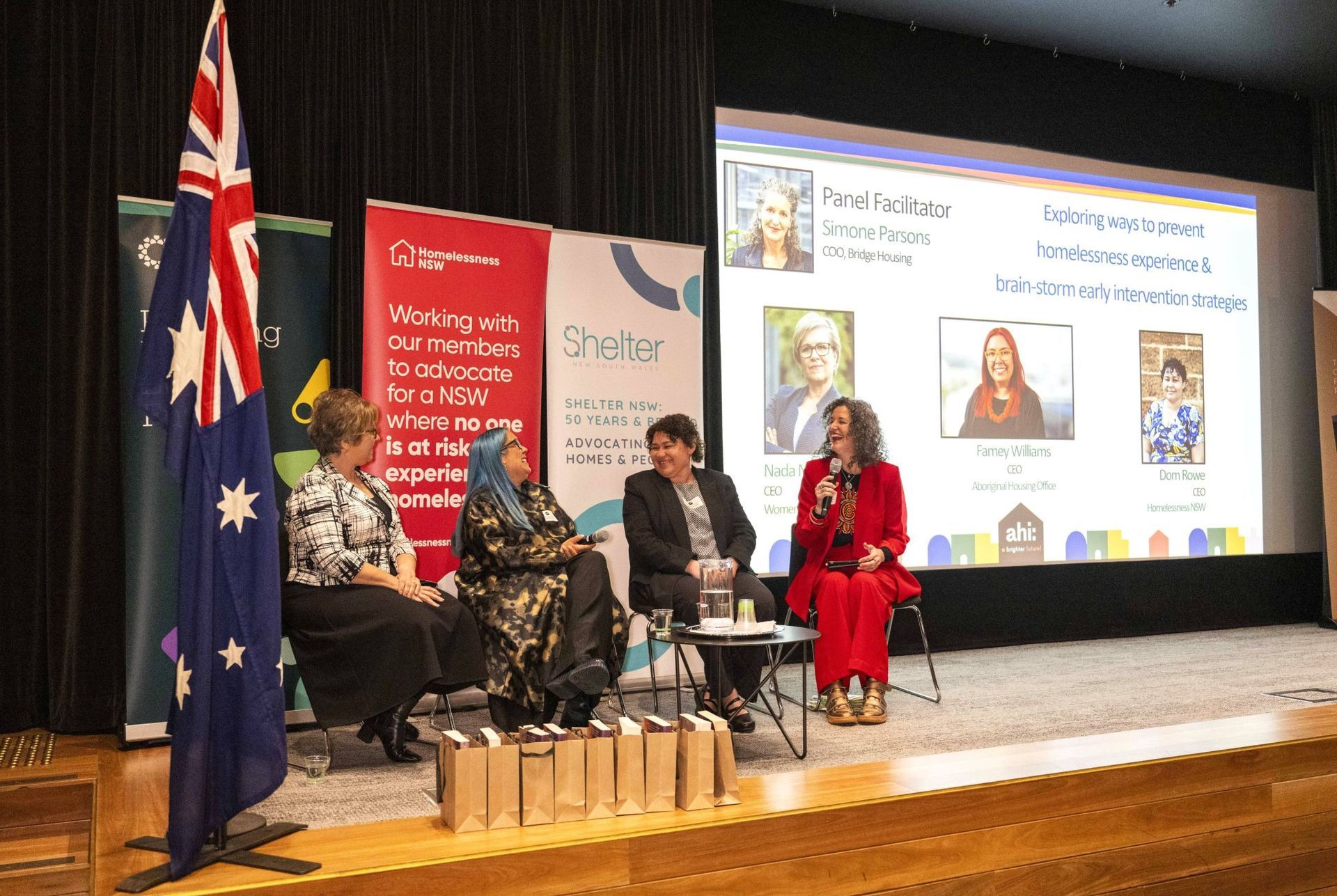Dr Kay Saville-Smith from the Centre for Research, Evaluation and Social Assessment (CRESA) serves up a timely reminder about workforce development in the community housing sector, and where our focus should be.
I was honoured to speak at the Australasian Housing Institute NZ Branch’s Brighter Future Awards on 15th September 2023 and enormously pleased to see the Aotearoa New Zealand award winners. Their success and the work of the Institute with its members, highlights the importance of community housing providers. It also highlights that people are at the centre the community housing sector.
"People are who the sector serves – not governments, not financiers, not local councils, not the building and construction sector, but people."
People are who the sector serves – not governments, not financiers, not local councils, not the building and construction sector, but people. This dedication to serve people, as opposed to merely deliver a product, is one dimension that makes the community housing sector unique. People, too, are critical to the community housing sector’s ability to deliver decent, secure and enabling homes.
Most sectors that generate or distribute goods and services are reliant on their workforce, as the COVID-19 epidemic has demonstrated, both in Australasia and elsewhere in the world. Consequently, most industry and service sectors all have implicit or explicit workforce strategies around recruitment, retention and training – some successful, some less so.
Some sectors have highly engaged workforce strategies with active investment. Others leave it to constituent organisations within their sectors. Some take an investment approach to workforce training, development, retention and recruitment. Other sectors have sought to meet their workforce needs by recruiting from overseas, and not only accepting but relying on casualised labour trained elsewhere, frequently relatively low paid and often providing precarious job security.
Many of those sectors have struggled in the COVID-19 period and, subsequently, as the global movement of labour and skills has stuttered and changed. They have been affected, too, by population ageing. The impacts of that approach to workforce development are to be seen in tourism, health, teaching and, ironically, aged care in Aotearoa New Zealand. The experience of these sectors presents a warning to housing providers. This is particularly the case when housing providers are being challenged by new demands that require more – rather than less – sophisticated skills, as well as an increasingly diverse skill set.
Housing providers are confronted by new demands arising from the prevalence of homelessness and interim housing responses such as transitional and emergency housing. There are new demands associated with community housing providers becoming involved in public housing delivery, as well as the development of intermediary tenure products such as shared ownership and what has been called progressive home ownership. Housing providers have increasingly become required to act as behavioural regulators.
The latter has, in part, arisen from the decline in owner-occupation where behavioural problems were either ignored or became expressed in neighbour disputes. Neighbourhood disputes between owner-occupiers remained largely privatised, or, if escalated, involved private legal action, engagement of the local council and/or the police.
Workforce development is at the heart of the Australasian Housing Institute, and it is critical to Aotearoa New Zealand’s housing futures. Workforce development and investment is currently limited, under-utilised and characterised by over-generic skills and training opportunities.
Paradoxically, recruitment, skills development and retention in housing in general, and community housing in particular, is hampered by the under-supply of affordable housing. The housing crisis, over-heated house prices and housing precarity not only impacts on the individuals, families and households the community housing sector serves but also on the employees of housing providers.
"Spending time collaboratively developing a community housing workforce strategy can appear a distraction. But it is not. It is critical to the future."
In the midst of the housing crisis, spending time collaboratively developing a community housing workforce strategy can appear a distraction. But it is not. It is critical to the future. It recognises that people are at the centre of housing. A community housing workforce strategy is part of a sector maturing, and not being a sector dependent on cheap, casualised labour and precarious labour supply. Sector capability and workforce skills development positions community housing as a key, resilient and adaptive sector within the housing system.
Developing a community housing workforce strategy requires the sector to go beyond atomised, organisation-by-organisation recruitment and retention. It requires a sector approach that commits to workforce investment aligned with the positioning and aspirations of the sector. That means recognising the diversity of sector, its products, tenures and services.
The community housing sector demands not just frontline but backroom skills. It needs skills in governance, employment and volunteering, as well as volunteer management. Skills are needed across the full range of activities undertaken by, and products delivered by, housing providers and housing agencies.
To generate learning opportunities, the sector needs to be demanding from our skills funders and providers investment that goes beyond urban design and architecture, and beyond social work. The Australasian Housing Institute needs to be supercharged and the sector needs to invest in, and commit to, creating careers in a vibrant, respected, skilled, effective community housing sector.
Share This Article
Other articles you may like








